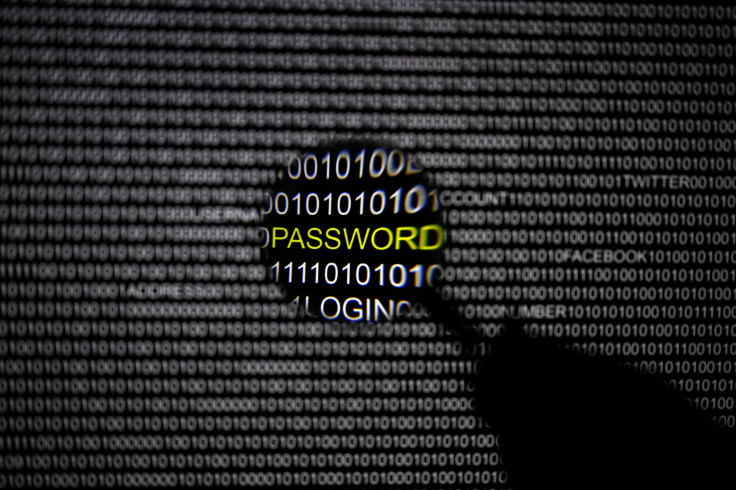Australia Recruits 500 Cyber Spies Amid Growing Tension With China

KEY POINTS
- Australia will hire 500 cyber spies to prevent a range of phishing and malware attacks.
- Australian Prime Minister Scott Morrison said his nation have been under sustained attack from a sophisticated state "actor"
- This is the Land Down Under’s largest investment in digital security
As soon as it became evident that the theft of money, intelligence, and intellectual property was easier via a computer, the need for digital security was born. Cybercrime and its prevention is now a multi-billion-dollar industry involving individuals and governments.
Internet security groups and some governments warned cybercriminals and hacking groups are exploiting the disruption caused by the coronavirus pandemic to initiate a range of phishing and malware attacks. According to Australian Prime Minister Scott Morrison, businesses and educational institutions in his nation have been under sustained attack from a sophisticated state "actor", presumed to be China.
Australia’s response will be to hire 500 additional cyberspies at an estimated cost of A$1.35 billion (US$930 million) over 10 years. This is the Land Down Under’s largest investment in digital security, which is happening after a souring of diplomatic relations with Beijing as both sides accuse each other of espionage activity.
Michael Shoebridge, an analyst at the Australian Strategic Policy Institute, connected the current Australian situation to the 2018 arrest of Huawei chief financial officer Meng Wanzhou in Vancouver.
The sequence of arrests and raids, including the arrest of Meng, between Australia, Canada, and China follows:
- Meng was detained by Canadian officials in Vancouver on charges of financial fraud on Dec. 1, 2018
- On Dec. 10, 2018, two Canadian citizens, former diplomat Michael Kovrig and businessman Michael Spavor were arrested in China
- Also in 2018, Chinese authorities arrested some Australians who were traveling in Shanghai with “a compass, a USB flash disk, a notebook, a mask, gloves and a map of Shanghai”, which the state-run Global Times said was evidence of spying
- In 2019, Yang Hengjun, an Australian writer, was detained on espionage charges by Chinese authorities
- Last Friday (June 26), Australian police and intelligence officers raided the home of Shaoquett Moselmane, a state Member of Parliament in New South Wales, in an alleged foreign influence investigation involving Beijing, according to local media
During his announcement of the new cybersecurity investment Tuesday, Morrison said malicious cyber activity against Australia was increasing in “frequency, scale, and sophistication” and risked undermining the nation’s economy, security, and sovereignty.
Beijing, using the Global Times as a mouthpiece, has ratcheted up the pressure on Canberra, accusing Australia of “waging an intensifying espionage offensive against China”.
China’s foreign ministry said Monday, “As part of the Five Eyes intelligence alliance, Australia has consistently been obsessed with spying on relevant countries.” The reference was to an intelligence alliance comprising Australia, Canada, New Zealand, the United Kingdom, and the United States.
Another reason for the deterioration of Canberra’s relationship with Beijing was Australia’s call for an inquiry into the origins of the COVID-19 outbreak in Wuhan.
© Copyright IBTimes 2025. All rights reserved.





















